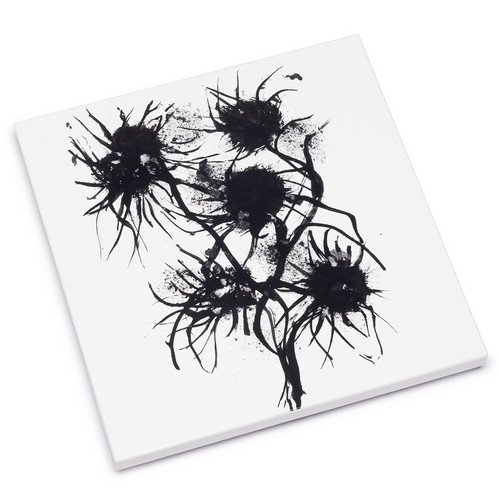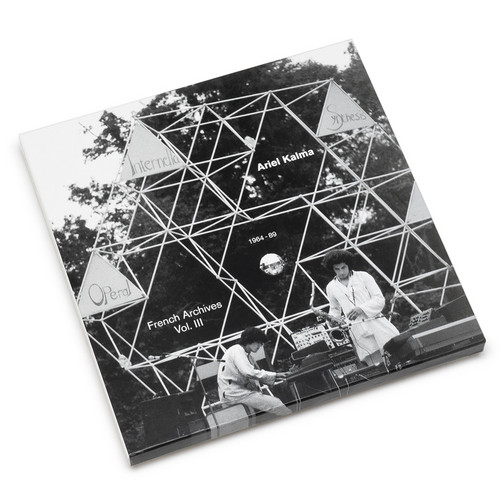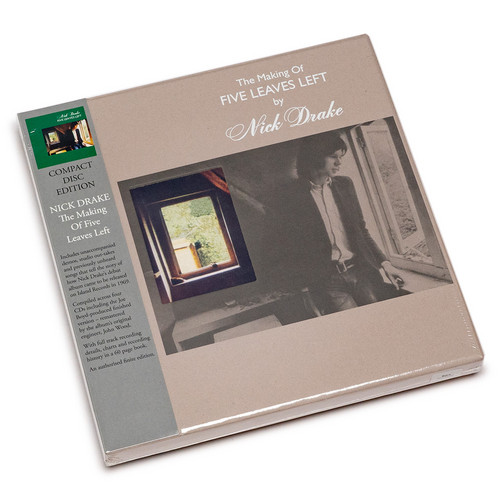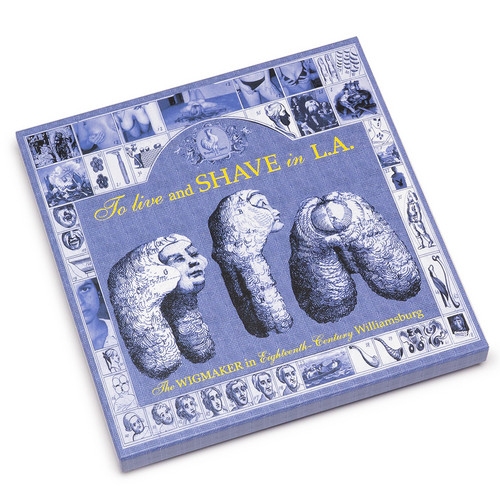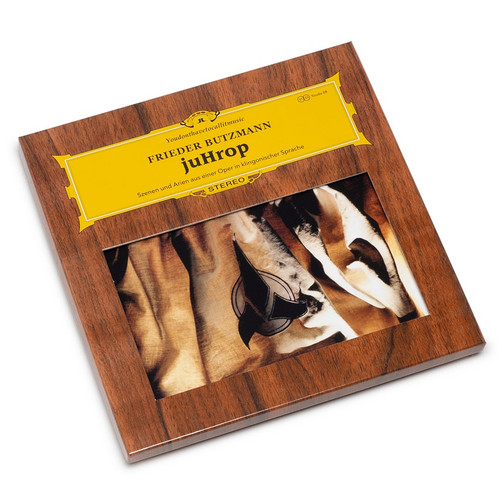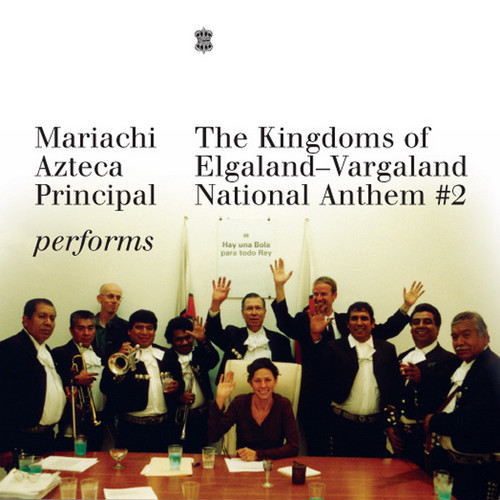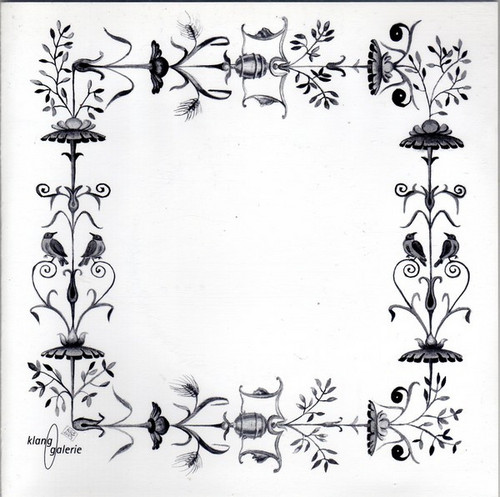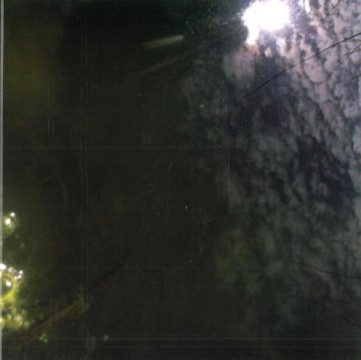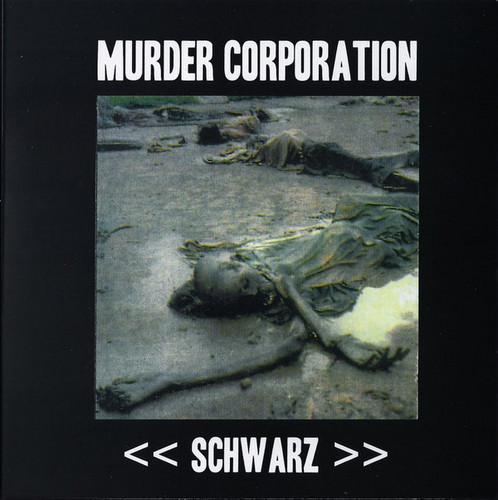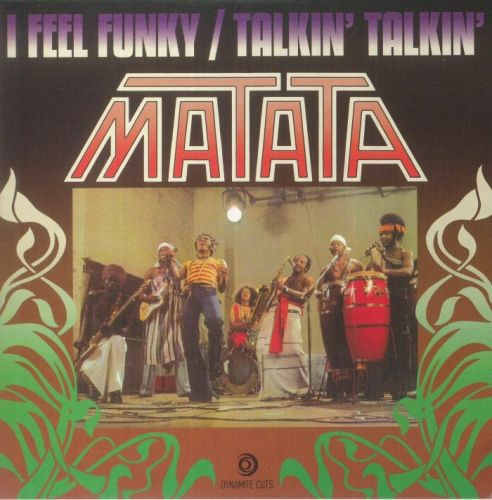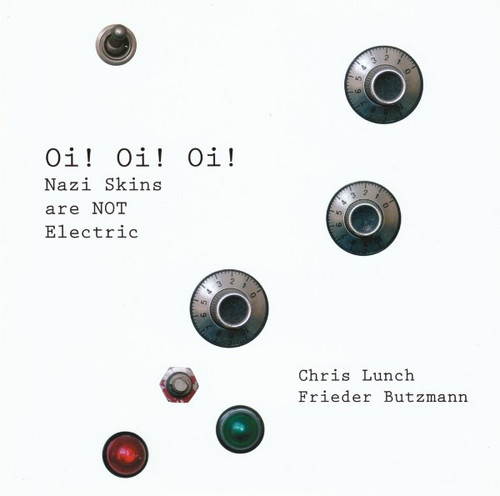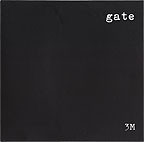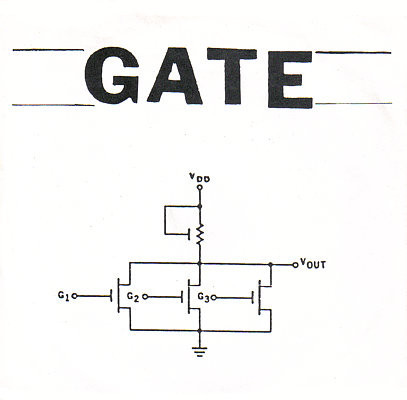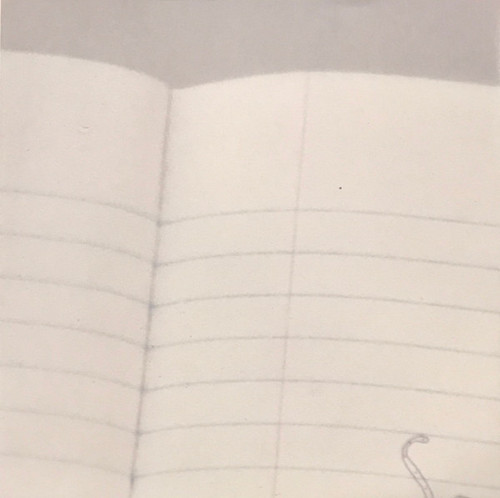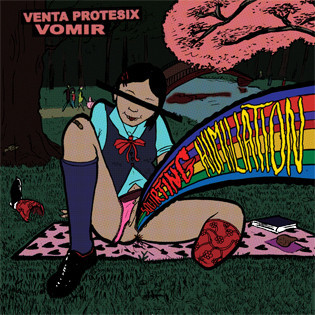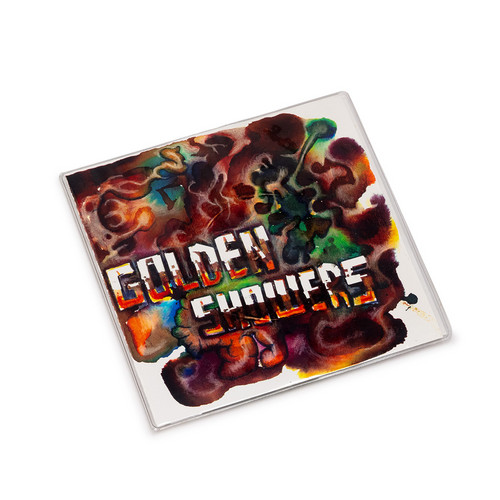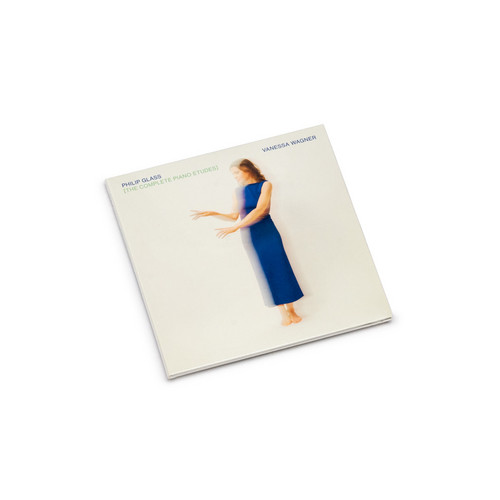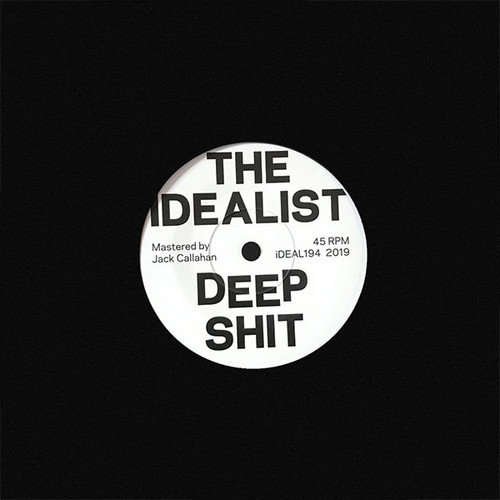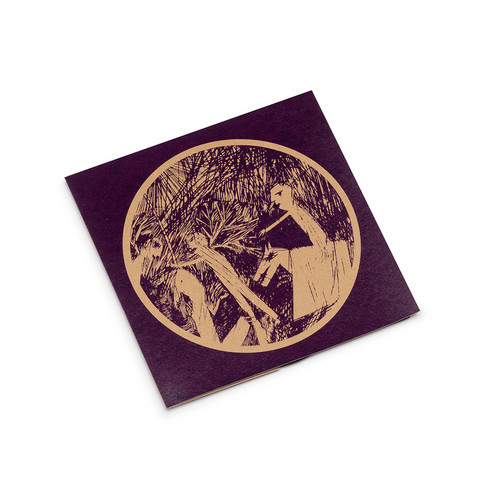Back in stock
Improperis - Compositions et enregistrements
6 x Black 140 grs Vinyl each one in spineless sleeve, heavyweight cardboard slipcase/custom numbered at the back, insert-photo individually signed but the artist, marketing sticker. Limited & numbered to 500 copies for the world. Pascal Comelade, the visionary Catalan composer, unveils his latest sonic meditation with Improperis - Compositions et enregistrements, a remarkable work that celebrates four decades of uncompromising instrumental music since his emergence in 1984. This extraordinary co…
French Archives Vol. III 1964-1989
An absolutely astounding accomplishment, Black Sweat's 4 LP Box set of previously unreleased material by Ariel Kalma - French Archives Vol. III - is a mind-melting immersion into the composer and saxophonist's radical experiments and stunning ambient harmonics made between 1974 and 1985. Venturing far beyond the territories for which he is most well-known, the collection takes great strides to accurately framing ambient and New Age musics as rightful extensions of the avant-garde, and is easily …
The Making of Five Leaves Left
Fifty years gone and the music still cuts right through. Nick Drake recorded three albums before leaving this world at 26. The debut, Five Leaves Left, appeared in 1969 – and we're only now hearing how it came together. Hold on to your hats.
Nine years of detective work. Tapes surfacing from the most unlikely places. A mono listening reel held by Beverley Martyn for over half a century – Drake's very first session at Sound Techniques, untouched since the day it was recorded. A full reel from Cai…
The Wigmaker In Eighteenth-Century Williamsburg
25th anniversary deluxe reissue of To Live and Shave in L.A.'s "The Wigmaker in Eighteenth- Century Williamsburg." in an expanded 4LP box set. The four LPs contain all 27 tracks from the original “Wigmaker” double CD remastered for vinyl, including complete lyrics, original liner notes & production credits, plus an entire LP side of unreleased songs from the original 1996 version of the album. The set also includes a 36-page perfect-bound book with never- before-seen photos, a critical appreciat…
juHrop
Last copies, reduced price. Limited and numbered edition of 250 copies. Die-cut box, 5 inlays and extensive booklet (Libretto). The opera "juHrop" was recorded with great effort at the Studio für Komische Musik Berlin and at the studio of Diamanda Galas in New York from 1996 to 2001. It is orchestral music produced with electronic devices and voices of Chinese singer Wu Jiang, David Moss, Diamanda Galas, Udo Scheuerpflug, Margarete Huber and the Moabiter Motettenchor. It was broadcasted in full …
The Kingdoms Of Elgaland-Vargaland National Anthem #2
Mariachi Azteca Principal performs The Elgaland-Vargaland National Anthem No: 2. These recordings were made during the inauguration of The Embassy of The Kingdoms of Elgaland-Vargaland in Mexico City on August 30, 2002 in the presence of the KREV Ambassador Magalí Arriola and invited guests at Colima 244, Colonia Roma, Mexico City.
Bird Brain Bath
The operating name of New Yorker Al Margolis, If, Bwana were a constant presence in the cassette days. This new record, Bird Brain Bath (Klanggalerie 7") is a wonderfully creaky slab of experimental noise high jinks. One side is entitled "Bird Brain", the other "Bird Bath". Each piece is eight minutes long and if they are played simultaneously they create the record's title tune. Using bird song, blasts from a virtual air rifle, keyboards and dweezly effects of all sorts, Margolis creates two fu…
The Bowls Of Anger
The Bowls of Anger is a haunting experimental album by Italian industrial pioneer Maurizio Bianchi, released in 2010 as a limited CD edition of 200 copies. Drawing directly from Revelation chapter 16, verses 1-21 in the Bible—which describes the Seven Bowls of God's Wrath poured out as apocalyptic plagues—the work transforms these cataclysmic biblical events into immersive, dissonant soundscapes.
Schwarz
*2022 stock. 250 copies limited edition* "<< Schwarz>> is a total black CD-R it contains 6 tracks of industrial noise- repetitive loops etc, which appears to be different on each channel, the 7 inch sleeve has a picture of a decomposing corpse. This is a re-release, from a 1994 tape. There is nothing special about the sounds, Murder Corporation obviously exploit violence, in particular sexual violence against women and Nazi violence. All works if taken seriously I suppose involve a critique of …
I Feel Funky / Talkin' Talkin'
Matata were formed in Kenya in 1963, laying down their grooves in Nairobi's Brilliant Club before going on to record two albums in London in the early 70s. Both Air Fiesta and Independence are perfect nuggets of Afro-funk, but alas Matata were reportedly homesick and they disbanded to return home. Their short-lived legacy lives on though, and now Dynamites Cuts have turned to their second album to present two of the hottest joints on a cool and deadly 7". 'I Feel Funky' is one of the band's bigg…
Oi! Oi! Oi! (Nazi Skins Are NOT Electric)
"Oi! Oi! Oi! (Nazi Skins Are NOT Electric)" is a provocative 7-inch single by experimental performers Chris Lunch and Frieder Butzmann, released around 2005 on Mauerstadtmusik in Berlin. This anti-fascist punk track satirizes Nazi skinheads with its raw, electrified Oi! energy, flipping the genre's working-class roots into a sharp rebuke of far-right appropriation. Butzmann, known for his dadaist noise and performance art, teams up with Lunch's chaotic vocal style to deliver a jubilant, rebellio…
3M
Gate's "3M" is a 7-inch vinyl single released by New Zealand experimental musician Michael Morley, known for his work with The Dead C, on the German label Toneschacht. This record captures Morley's signature lo-fi, noise-drenched sound, blending distorted guitars, feedback, and abstract structures typical of his solo Gate project from the 1990s.
Sunshine / Ives
Gate is a New Zealand-based experimental project led by Michael Morley of The Dead C, known for its raw, noise-infused soundscapes and limited-edition releases on labels like Siltbreeze and Precious Metal.
The 7" single "Sunshine / Ives" captures Gate's signature style from the late 1980s to 1990s era, blending distorted guitar, drones, and abstract textures across gritty, lo-fi tracks that push boundaries between noise rock and avant-garde.
The Sound Of Young Helmshore (Parts 1-3)
2026 stock Splendid Sound Recordings for Rainy Evenings Next to the River is a sound project which started with the support of the Jan Van Eyck Academie. It has now becomes an independent self-sustained project which is comprised of sound and graphic art that seeks to address the significance of innovation in something modern while maintaining explicit roots in diachronic pop culture. It is one of those moments of aesthetic expression not frequently encountered that emerges from the collaboratio…
Painful Sexual Perversion
2026 stock This two-track EP captures Venta Protesix's signature harsh noise aesthetic, blending overdriven digital chaos with provocative themes drawn from deviant and abstract perversions. Tracks include "Excessive Vaginal Wetness" and the title cut "Painful Sexual Perversion," delivering unrelenting bursts of unmastered noise that reject musical convention.
Squirting Humiliation
2026 stock Squirting Humiliation is a punishing 7-inch split vinyl unleashing the chaotic noise assaults of Venta Protesix and Vomir. Venta Protesix, the digital noise alias of Italy's Italo Belladonna, delivers glitch-riddled laptop barrages steeped in perverse, ero-guro obsessions and abstract digital derangement. Vomir, French harsh noise wall pioneer Romain Perrot, counters with unrelenting static monoliths embodying his "no ideas, no change, no remorse" manifesto.
Golden Showers / Catastrophe of the Infinite Regress
Crazy 7" by NYC's freaks Peeesseye! On Evolving Ear.
Philip Glass: The Complete Piano Etudes
Vanessa Wagner breathes new life into Philip Glass: The Complete Piano Etudes, revealing the powerful lyricism and subtle turbulence of Glass’s minimalist language. Her interpretation brings emotional intensity and poetic nuance across all 20 etudes, reflecting over a decade spent exploring the repertoire and making for an immersive listening experience.
Deep Shit / The Drop
**200 copies, white vinyl** "A killer 45 of pure, blunt, steppers dub-noise force from Joachim Nordwall aka The Idealist, big recommendation if you are into Muslimgauze, Pan Sonic, Alva Noto... Faithfully brought to life with mastering by Jack Callahan ov Sunburned Hand of the Man and Bánh Mì Verlag esteem, The Idealist’s second 7" sees him knuckle out two minimalist, monotonic steppers that fall in the gulf between dub, noise and Pan Sonic-like techno purism. The trudging swang of Deep Shit is …
The Ritual Year - Soundtrack To The English Calendar Customs Artwork Of Dave Pearson. 1973–1983
This limited edition seven-inch vinyl record comes housed within a hand-made manilla sleeve, expertly screen printed at Small Press Studio in Stockport by Yasmin Lever. Along with the 12min vinyl comes an A4 insert and download code. Between 2014-16, Folklore Tapes began the series Calendar Customs, commissioning artists to research and respond sonically to the four corners of the ritual year; May Day, Midsummer, Midwinter and Hallowe’en. This culminated in a box-set of 4x LPs with accompanying …
